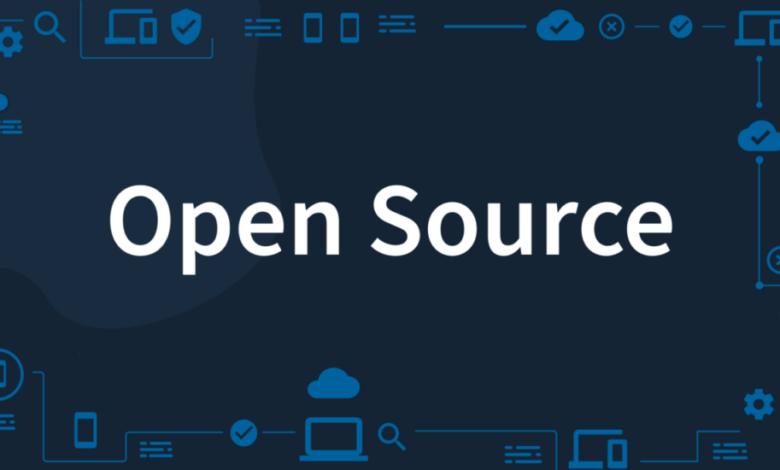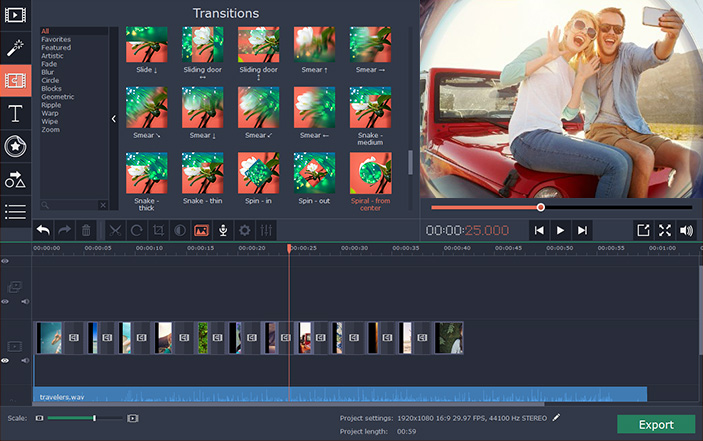How Open Source Communities Are Shaping the Future of Software Development

Open-source communities are revolutionizing software development by fostering collaboration, innovation, and transparency. Developers worldwide contribute to shared projects, accelerating progress and driving technological advancements. This collective approach allows for rapid problem-solving, continuous improvement, and the creation of more flexible, scalable solutions. As these communities grow, they play a vital role in shaping the future of software through openness and inclusivity.
Introduction to Open Source Communities
Open source communities are teams collaborating to produce inventive, egalitarian, and readily available software. These communities transcend technical boundaries, embracing diverse perspectives and skill sets to foster continuous learning and improvement. They foster a sense of belonging and purpose, allowing individuals to contribute meaningfully to projects they are passionate about. An Open source community has become an essential hub for innovation, fostering collaboration and inclusivity in the software development world. They promote creativity and challenge traditional models, paving the way for faster, more efficient technological advancements. Understanding the dynamics of open-source communities is crucial for developers and organizations in the competitive tech landscape. These communities offer unique opportunities to experiment, share knowledge, and drive technological innovation. With increasing recognition of their value, open-source communities are becoming integral to global software development strategies.
The Role of Collaboration
Collaboration is vital to the success of open-source communities. Developers from different cultural and professional backgrounds unite to solve complex problems through collective expertise. Sharing insights and code becomes second nature, leading to more refined and functional software products. This global cooperation allows for rapid innovation and problem-solving, often surpassing the capabilities of individual developers or isolated teams. Including diverse perspectives enhances creativity, resulting in more robust and adaptable software solutions. A thriving open-source community encourages respectful dialogue and values diverse contributions, fostering mutual respect and trust.
How Open Source Projects Drive Innovation
Open-source projects are innovation hotbeds because they allow unrestricted experimentation and quick iterations. These projects often lead the way in exploring and developing cutting-edge technologies, allowing developers to test new ideas and concepts without the constraints of proprietary software models. With the open source model, contributors can freely modify and improve upon existing ideas, pushing the boundaries of what is possible in software development. Open-source communities provide an atmosphere favorable to revolutionary discoveries and the creation of ground-breaking technology by encouraging an attitude of transparency and experimentation.
Building a Successful Open-Source Community
Creating a thriving open-source community involves setting clear objectives and maintaining transparent communication. It requires inclusive governance that encourages participation and values every contributor’s input, regardless of experience level or location. Strong leadership and structured processes are essential for sustaining momentum and ensuring the community remains focused and productive. Open-source communities attract diverse contributors and help build a thriving ecosystem by fostering a welcoming and inclusive environment. The best practices in open-source community management often include clear documentation, mentorship opportunities, and recognition of contributions, all of which help maintain engagement and enthusiasm among community members.
Overcoming Challenges in Open Source Development
While open-source communities present numerous opportunities, they face challenges such as managing diverse viewpoints and ensuring project sustainability. Conflicting opinions can arise among contributors but can be overcome through constructive discussions, compromise, and a commitment to the community’s shared goals. Over the long term, sustaining open-source projects requires careful planning, regular updates, and ongoing community engagement. Addressing these issues proactively is vital for the long-term success of open-source initiatives. More information on handling these challenges can be found here.
Benefits for Individual Developers
For individual developers, involvement in open-source communities offers a platform for both personal and professional growth. Developers gain valuable experience by working on diverse projects, often tackling challenges that expand their technical skills and knowledge. Open source projects also provide opportunities to build networks with other professionals, fostering collaborations and connections that can lead to career advancements. Recognition within the open source community can boost a developer’s reputation, increasing their visibility and credibility in the tech industry. Engaging with open-source projects enhances a developer’s skill set and portfolio, showcasing their ability to work collaboratively on meaningful projects with a tangible impact.
Impact on the Software Industry
Open-source communities have significantly transformed the software industry by democratizing access to technology. These communities have leveled the playing field, allowing smaller entities and individual developers to harness powerful tools and resources without substantial financial investments. This has increased innovation and competition within the software industry, resulting in more diverse and affordable software solutions. The widespread adoption of open-source technologies has stimulated adaptability and responsiveness in the industry, enabling organizations to implement quick changes and improvements based on community feedback. Open-source groups continue to significantly influence the software development environment by promoting a culture of sharing and cooperation.
Future Trends in Open Source
As technology continues to evolve, open-source communities are set to play a pivotal role in shaping future trends. As blockchain, artificial intelligence, and other cutting-edge technologies gain traction, these groups will keep researching and developing, expanding what is conceivable. The open-source model offers a robust collaborative framework for tackling the most pressing challenges in technology, enabling developers to work together to create scalable, adaptable, and sustainable solutions. Keeping up with these developments is essential for anybody hoping to be at the forefront of software development. A comprehensive report on the latest trends can be explored here.




